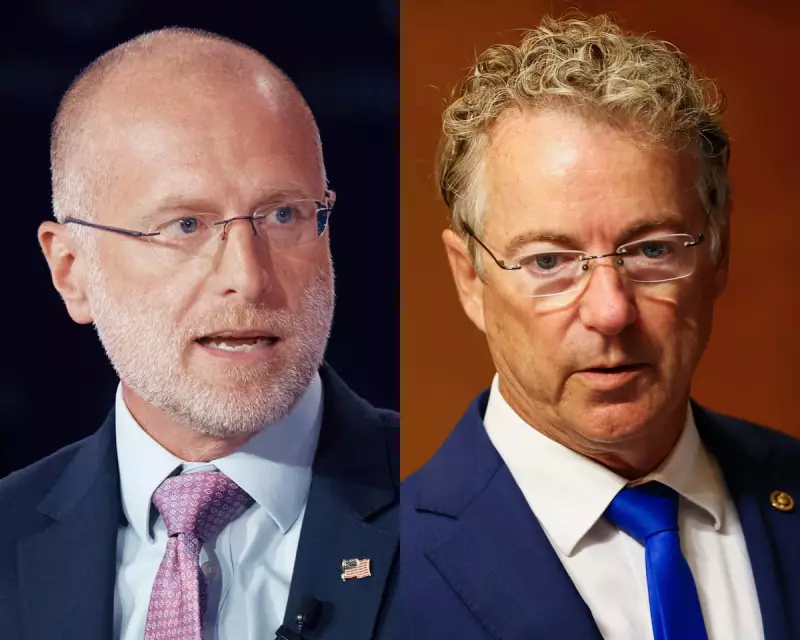
An extraordinary political drama has unfolded in the United States, pitting a top telecommunications regulator against one of America's most prominent late-night television hosts.
Brendan Carr, a senior commissioner at the Federal Communications Commission (FCC), has publicly accused comedian Jimmy Kimmel of orchestrating a 'concerted effort' to have him suspended from his role. The allegations stem from a bitter feud between Kimmel and Republican Senator Rand Paul.
The Genesis of the Feud
The controversy began when Senator Paul publicly called for the FCC to suspend Carr. This move was widely interpreted as retaliation after Commissioner Carr declined to take action against the ABC network, which airs Kimmel's show, following a series of on-air jokes the host made at the senator's expense.
In a striking development, Carr has now pointed the finger directly at Kimmel. He claims the host was the 'driving force' behind the senator's formal request for his suspension, characterising it as a form of 'targeted harassment'.
A Regulatory Body in the Political Crossfire
The situation places the FCC, an independent agency tasked with regulating interstate communications, in a highly unusual and politicised position. Carr's statement suggests he believes Kimmel's campaign was a direct response to his decision not to intervene in the content of the comedian's television programme, a move that would raise significant free speech concerns.
This incident highlights the increasingly blurred lines between entertainment, political commentary, and the oversight of public airwaves in the US. The fact that a sitting senator is involved in a dispute originating from a late-night comedy show underscores the potent influence of celebrity in modern American politics.
Unresolved Tensions and Broader Implications
As of now, there has been no official response from Jimmy Kimmel or his representatives regarding Carr's specific allegations. The FCC has also not commented on whether it will entertain Senator Paul's call for a suspension.
This clash is more than a simple war of words; it touches upon fundamental questions about the limits of regulatory power, the protection of free speech, and the appropriate relationship between government officials and media figures. The outcome, or lack thereof, will be closely watched as a bellwether for how such conflicts are handled in a deeply partisan climate.






